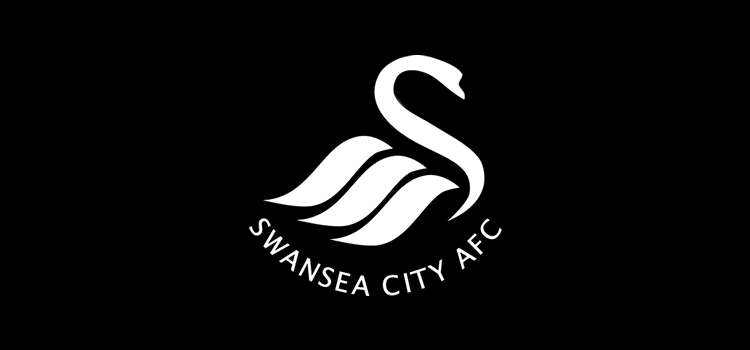There are three clues to this week’s off-the-wall Tale from football history:
1. The French Revolution
2. The Number 34 shirt for Reading
3. A patronymic name
If you have guessed the subject correctly, congratulations, take another plate of cheese and pickle sandwiches into your cave, draw the curtains and settle down to watch your new box set: ‘Keegan: Still cannot believe I permed defeat from a lead of 12 points.’
For the rest of you, the motto of the French Revolution and, of course, today’s French Republic (though how Pogba and Sissoko can possibly comply with this I do not know) is liberté égalité fraternité, meaning freedom, equality, and fraternity. If you were to apply this to a certain Liberty Stadium, then you would be getting warmer.
It’s a strange place, isn’t it? Having left behind the cabbages and clinker pitches of the Vetch Field, there was a real sense of achievement when Swansea City’s new stadium opened 12 years ago. We’ve all followed the Swansea story, from the brink of liquidation to Premier League security – but how much liberty is really at large these days and is it really shared out properly?
Have the numerous managerial appointments since the heady days of Martinez and, yes, Rodgers, been tied to a working knowledge of the Welsh language and an end-of-season exam where they had to prove that Gower was not just a cricketer?
Paul Clement has worked with some top football coaches and so firmly believes he should be judged on an equal basis but do football results to date bear this out? Did the bus driver who drove the Real Madrid squad into the Principality Stadium, just down the road from Swansea (though it may as well have been on another continent as far as the locals were concerned) for the 2017 Champions League final expect to be treated equally with Zinedine Zidane?
Is there a sense of unity – fraternity – in the Swansea squad? Certainly, last season a team of individuals would have been a more appropriate epithet or, alright, ‘cabbages.’
So, who wore the Number 34 shirt for Reading in 2008-09 before heading off to mighty TSG 1899 Hoffenheim? Who promptly came back to Britain on loan to Swansea before signing for Tottenham Hotspur and then returning to Swansea, with Ben Davies heading in the opposite direction (that’s usually the case with Ben but I’m sure he will come good – or is that just ‘daring to believe?’)
His surname is patronymic, based on his family line. He truly is the son of an Icelandic man and, of course, his name is Gylfi Sigurdsson.
Gylfi has been much in demand this season – not from his native trawlermen who are looking anxiously at new agreements being negotiated for fishing around our shores – but from other Premier League managers who are looking anxiously at hanging on to new TV agreements that have been negotiated for fishing around other clubs with vast sums of money in their pockets – oh, and Craig Shakespeare.
Those revolutionary folk at Swansea have placed a fee of apparently £50 million on Gylfi’s head (not literally because that would just affect his heading ability) which proves how free he is to move, how equal he is to each and every other player at Swansea and how dressing room fraternity is really coming together under the modest management of Clement.
Pat Nevin – never one to pass up an opportunity to be noticed – reckons that such a fee would be entirely justified in today’s market and, certainly a playmaker, like Gylfi can change matches more frequently than a Romelu Lukaku who relies on, well, players like Pogba to deliver, and managers like Jose Mourinho not to loan him out again.
At least Everton haven’t signed him yet which has to be fair, given that their squad is already about two hundred and fifty times larger than those of the rest of the Premier League clubs put together. For Gylfi – just one of the people seeking an honest day’s bread, of course – he might just find that you really can’t have your cake and eat it.
